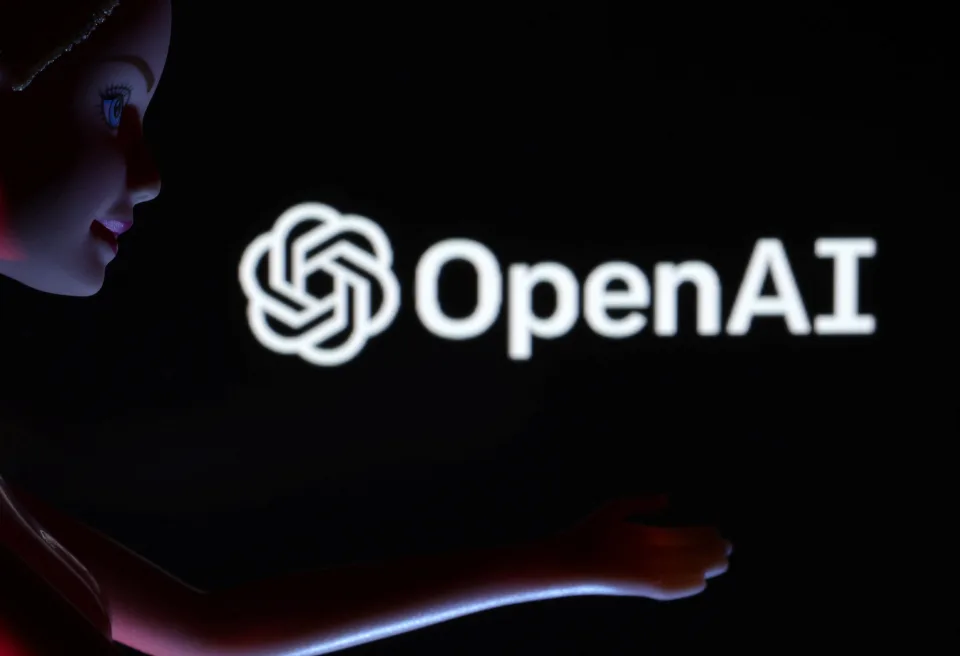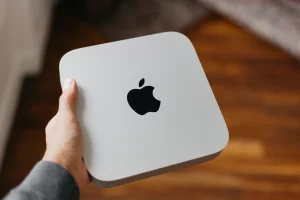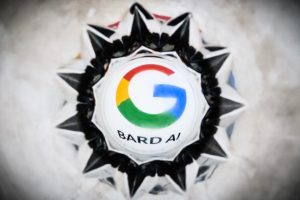As of my last knowledge update in January 2022, I don’t have information about any lawsuit filed by non-fiction authors against OpenAI and Microsoft regarding the use of their intellectual property to train OpenAI’s generative AI technology. It’s important to note that my information might not be up-to-date, and developments may have occurred since then.
If there have been recent legal actions, such as the lawsuit you mentioned in November or any new lawsuits by non-fiction writers, I recommend checking the latest news sources, official court records, or statements from the involved parties for the most current and accurate information on the matter. Legal proceedings and their outcomes can change over time, and it’s crucial to have the latest information for an accurate understanding of the situation.
Thank you for providing additional information. It seems that OpenAI is facing a series of lawsuits from various authors, both non-fiction and fiction, alleging the unauthorized use of their work to train OpenAI’s large language models (LLMs). This includes the recent lawsuit filed by non-fiction authors Nicholas A. Basbanes and Nicholas Gage.
Basbanes and Gage are seeking to represent a class of writers whose copyrighted work has allegedly been systematically used without permission. They are requesting damages of up to $150,000 per infringed work and a permanent injunction to prevent further unauthorized use.
The legal challenges for OpenAI extend beyond non-fiction authors, as mentioned in your previous message. The company is contending with lawsuits from fiction authors like George R.R. Martin, John Grisham, and Jodi Picoult. Additionally, The New York Times has sued OpenAI and its major supporter, Microsoft, for the alleged use of the newspaper’s articles in AI training.
The situation suggests a broader legal issue concerning the use of copyrighted material in training large language models, and it will be interesting to see how these legal matters unfold and whether there will be any impact on the development and practices of AI research and development in the future.




